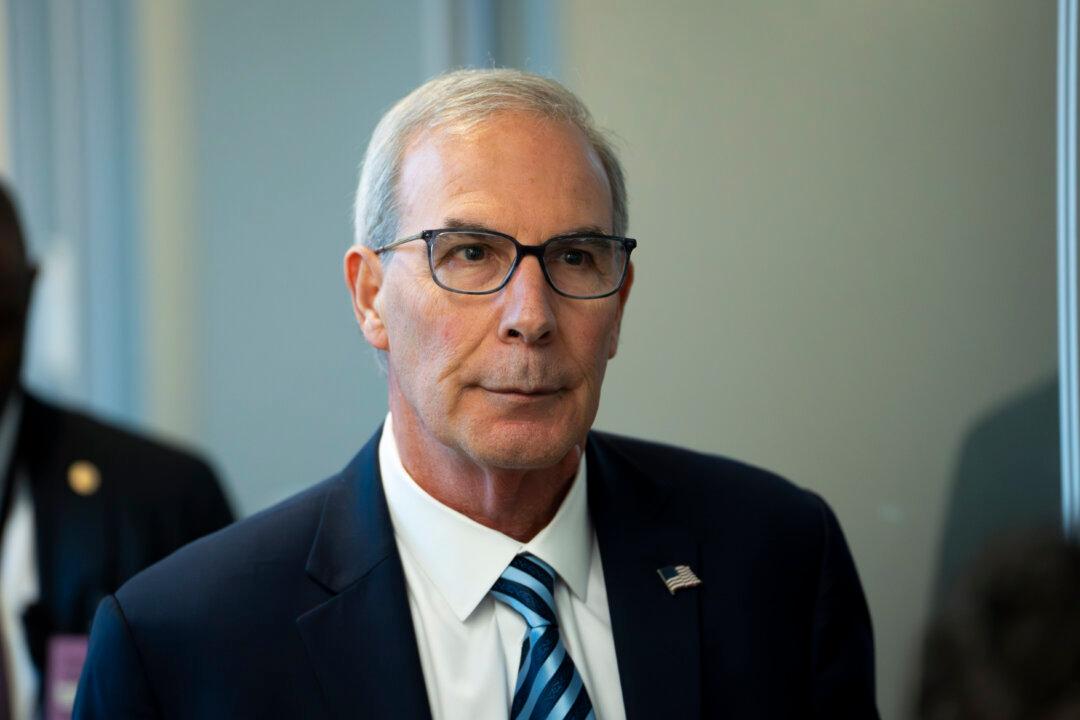The U.S. prosecutor investigating President Joe Biden’s son confirmed that he asked for more power and was denied, a transcript of his closed-door testimony to members of Congress shows.
U.S. Attorney David Weiss, who has been probing Hunter Biden for years, asked U.S. Department of Justice (DOJ) officials in February 2022 for special attorney status to prosecute Mr. Biden in Washington, Mr. Weiss told the House Judiciary Committee.





